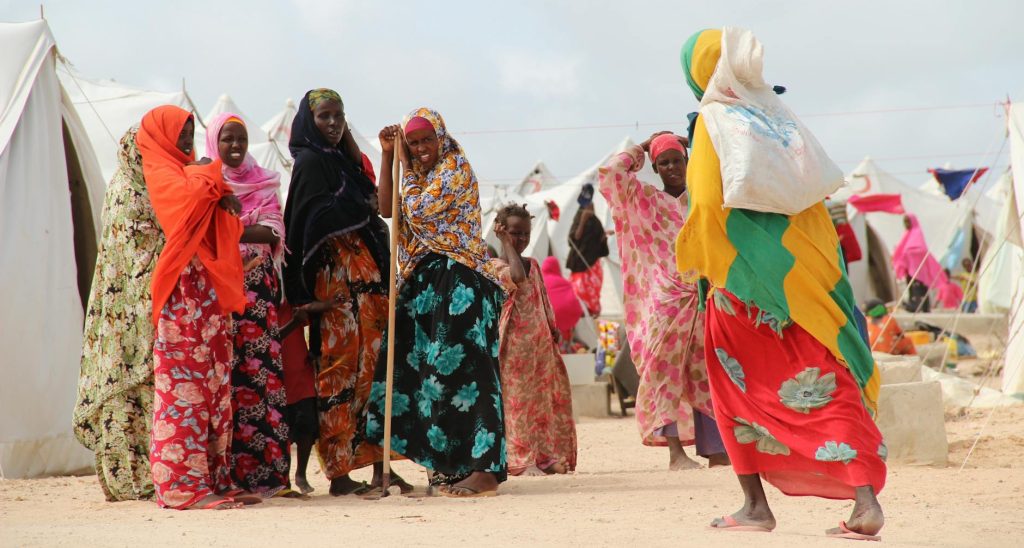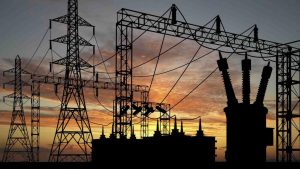Displaced Nigerians Refuse to Leave Camps, Citing Ongoing Boko Haram Threat
More than four months after authorities evacuated roughly 22,000 people from the Muna displaced persons camp and shut down its water system, a portion of its residents continue to live there, even though structures are deteriorating.
One of them, fifty-year-old widow Maryam Suleiman, remains with her 12 children under leaking roofs. She says she cannot return to her village, Dongo, where Boko Haram killed her two younger brothers in 2014.

Photo by Turan ŞAHİN
Many displaced people in Borno State are staying behind in camps despite government orders to return home, saying that threats from Boko Haram remain too strong to risk going back, Al-Jazeera reveals.
More than four months after authorities evacuated roughly 22,000 people from the Muna displaced persons camp and shut down its water system, a portion of its residents continue to live there, even though structures are deteriorating.
One of them, fifty-year-old widow Maryam Suleiman, remains with her 12 children under leaking roofs. She says she cannot return to her village, Dongo, where Boko Haram killed her two younger brothers in 2014.
The government had ordered all camps in 2023 to close, including Muna, declaring some areas safe for resettlement. But recent attacks — including in Marte, Dikwa, Rann, and Gajiram — have undermined claims of security. In one attack in May 2025, five soldiers were killed, and nearly 20,000 people were displaced again. More than 90 people have died in Borno in the past five months.
Food scarcity, ruined homes, and economic hardship make relocation unattractive. Residents report skipping meals, children dropping out of school, and having no reliable source to rebuild their livelihoods. Farming cycles have been disrupted. Some speak of building small trade or provision shops if resettled, but not in their home villages.
Humanitarian agencies such as UNICEF report that 4.5 million people in northeastern Nigeria need aid; about 2.5 million children in that region are at risk of severe malnutrition. Efforts by NGOs and state authorities have provided health services, safe water, and schooling for displaced people, but according to UNICEF, the scale of need continues to outpace support.
Security analysts say many return-home zones remain poorly guarded. Outside major towns, villages often lack a permanent military presence. Residents say Boko Haram fighters still collect taxes and launch raids. They demand credible reassurances of safety and restoration of basic infrastructure before considering leaving camps.



